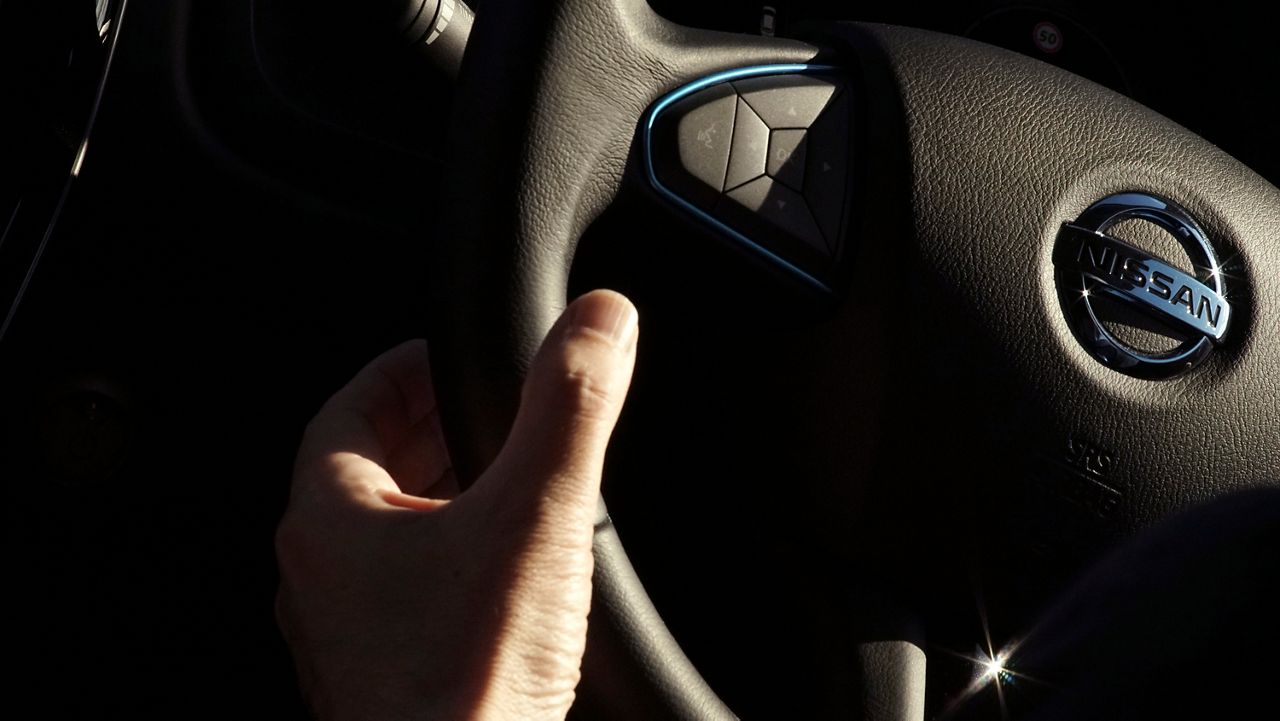LEXINGTON, Ky. — Researchers at the University of Kentucky have developed an antiviral face mask that will deactivate the COVID spike protein on contact.
What You Need To Know
- UK researchers developed an antiviral mask
- This antiviral mask uses antiviral enzymes to deactivate the protein spikes
- Researchers are working on developing them into commercial products
- The University is also working on an air filter that would deactivate protein spikes on contact in a small area
UK Professor Dibakar Bhattacharyya said they’ve developed a material to help stop the spread of COVID-19.
“It is small enough, so here it goes in by the virus and cannot go through particles, so this can be also used for filtering the small space,” Bhattacharyya said.
Dibakar says a typical N95 mask acts as a filter for COVID-19, whereas this new material would deactivate the particles on contact.
“Here in the middle, we have what we call a pressure controller and this is what’s actually using a valve turning the flow on and off like a breathing,” Rollie Mills, a graduate student at the University said.
Mills says using a large ambient air vacuum, they can test the material as if someone was breathing through the mask, and says they have found it is more breathable than most products on the market now.
“Our rough prototype currently that we have is a fabric out of a double fabric layer with an insert opening in the middle where we can take our functionalized material with our membrane with our enzyme coating and insert it inside making it disposable,” Mills said.
The new material includes a membrane with an antiviral enzyme which attaches itself to the protein spikes and deactivates the virus.
“What we do is we coat the surface of this material with non-toxic enzymes. These enzymes are actually the same one that’s in your laundry detergent at home,” Mills said.
The University says this development was made through an existing collaboration with a membrane manufacturer and when this new material was tested, it destroyed the protein spikes within 30 seconds.
“Now, we have to go down the line and how can we develop these materials into a commercial product and how can we collaborate with other companies to get this on the market in the future,” Mills said.
Dibakar and Mills say they’ve found some promising results and hope to one day help against the fight of COVID-19 with their research.
The University says besides an antiviral mask they are also working on an air filter that will detect and kill any protein spikes from COVID-19 in small areas.










